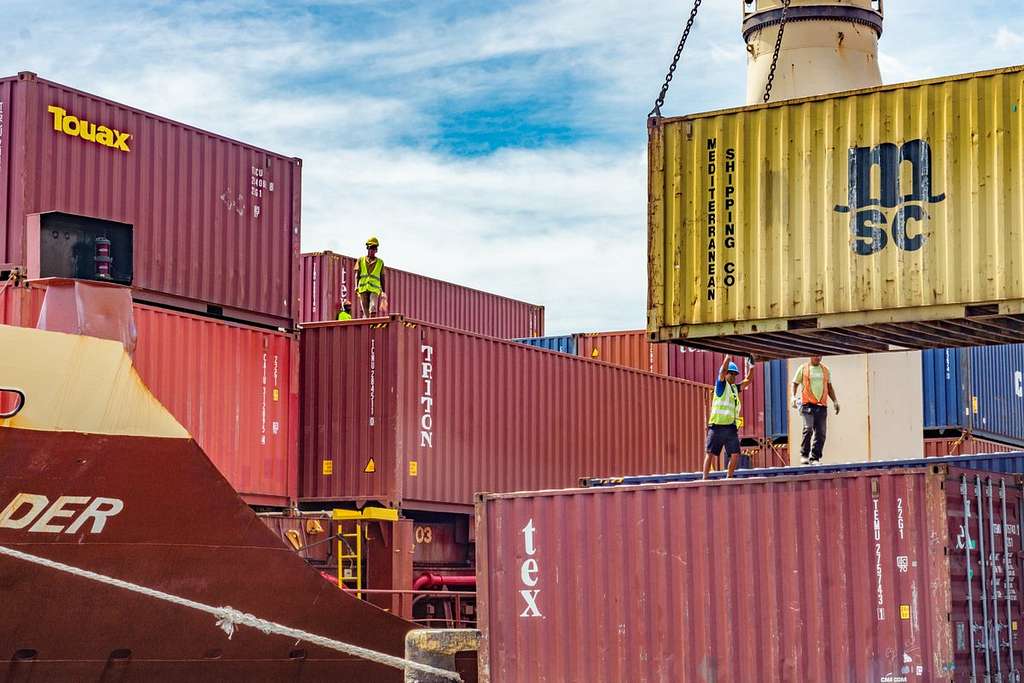Impact on trading rules and trends around the world are best determined by trends policies around the world and these include factors such as access, charges like tariffs, norms, and conditions.
On how imports conduct their business both locally and internationally.
As nationsstruggle to reset, loosen or deepen their relations through the trade relations their interaction in the international trade continues to change.
Heralding the current trade developments, the article reviews and analyses the recent trade agreements, providing an insight on current trends and challenges of imports and exports globally.
Observed in the development and emergence of regional trade
Over the last few years, the creation of regional trade blocs has become more popular.
As the level of economic integration increases and the desire of countries to enhance cooperation within the regions grows as well.
Large scale trading agreements such as the CPTPP and the AfCFTA are changing the firm structure
And the destination of investment hence changing the consumer and business directions.
Thus, regional trade blocs provide a mechanism of progressing towards enhanced economic integration and open markets:
“Regional trade partners present a clear vision of achieving greater trade liberalization and market access,” notes
Sarah Lee, an international trade economist. They hence make possible the potential for growth and hope to prosperity.
Due to aspects such as lower tariffs, compatible rules, and ease in investment across borders as encompassed in the agreements.

Effects on Supply Chains and Matters of Logistics
Trade agreements do affect supply chains and logistics in a way that can affect the methods of product acquisition, pathways of transportation, and the management of inventories and stocks.
Tariff fluctuations, shifts in customs processes and regulations as well as restrictions.
Which govern the importation of goods in a country, interfere directly with the supply chain
And create steep operating expenses for the companies in the international business sector.
Speaking of trade agreements, these bring new opportunities and potentially.
New issues to consolidate logistics and supply chain management, according to Anna Chang, logistics professional.
”On one hand, decreased tariffs and liberalization of customs requirements can bring beneficial effects such as cost reduction and more efficiency.
Inversely, legal unpredictability and geopolitical instabilities may lead to fluctuating costs and placements. ”
Digital Trade and E-commerce
Consequently, SI is increasingly being incorporated in regional and bilateral trade agreements with elements pertinent to digital trade and e-commerce.
DEPA and WTO e-commerce negotiations, in particular, are actively seeking to set the rules
And regulatory frameworks for cross border digital operations and transactions, data protection and ownership of intangible contents.
Technological advancement, particularly in trade and e-commerce, continue to transform the global economy and present new prospects for expanding its market chain, according to technology policy analyst David Brown.
It is added that any trade agreements signed among member countries that touch upon digital trade issues can facilitate enhancement of the full potential of the digital economy and promote further growth.
Conclusion
Present trade policies that are being developed and implemented are therefore redesigning the flows of imports and exports.
All countries, as well as access to markets and supply chain and other policies and procedures.
Whether it’s through OECD or WTO negotiations or through bilateral or pluri-lateral negotiations
These agreements are leading to the process of economic globalization, encouraging competition, investing in innovation and creating new opportunities for consumers and firms.
As countries intensify talks and sign on trade agreements/settings, companies need to be informed about changes and aspects in trade relations.
This paper discusses how parties can make the best out of the existing possibilities and opportunities in the course of the existing and new trade agreements, as well as how they can manage the existing risks
And threats in the world of international trade and thus create the foundation for their success.
click here to see Redifining Impex

